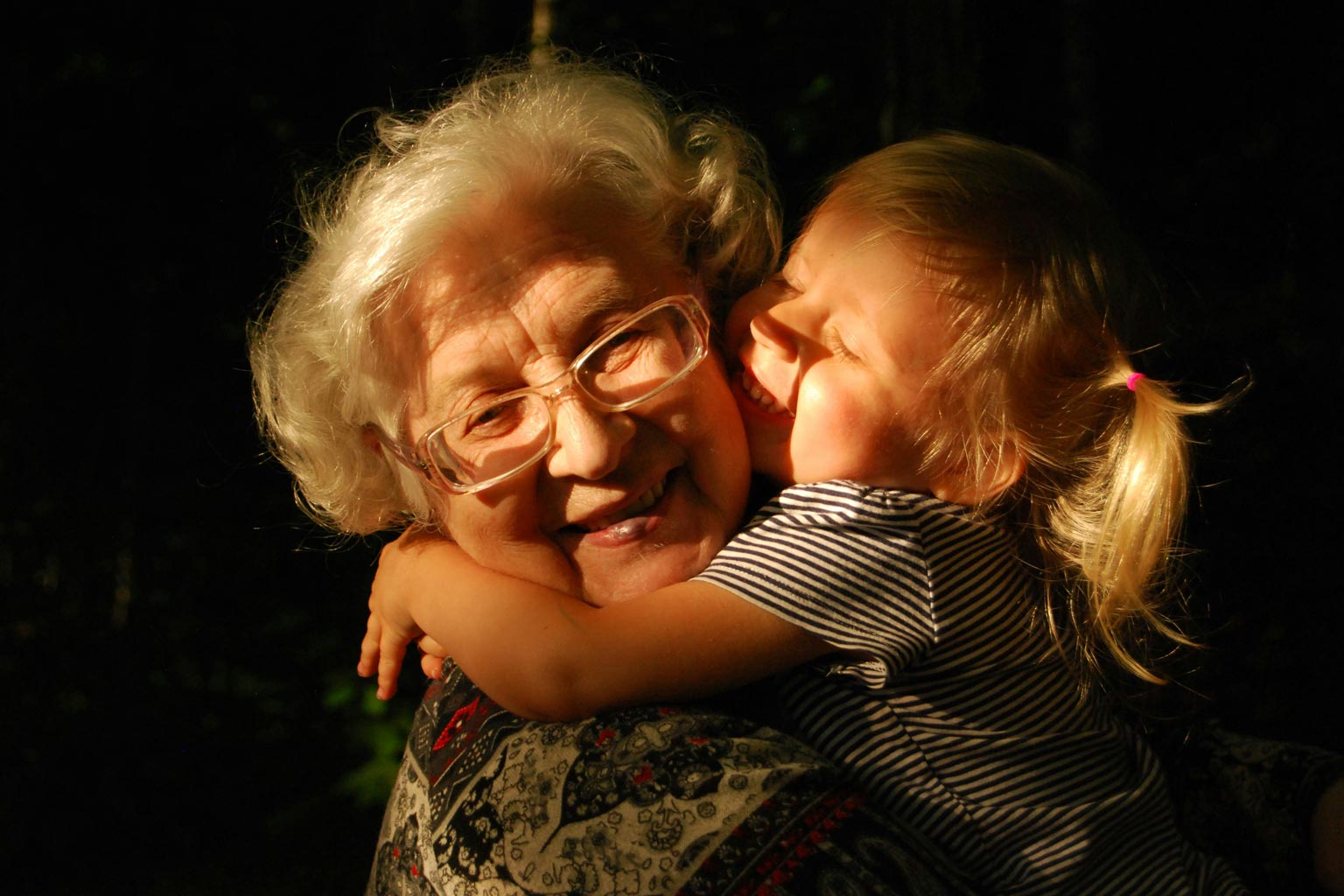Care is human first. That won’t change. What is changing, and fast! Is the quiet layer of technology that can keep people safer between visits and give our carers more time for the moments that matter. From Eastbourne seafront flats to family homes in Hastings and villages across East Sussex, we’re watching AI, robots and smart home tech move from buzzwords to practical helpers. Here’s how we see it, from the ground up.
A typical evening round, with a little help
Picture a tea-time visit. The kettle clicks on, the telly remote is found (again), tablets are due at seven. Our carer checks how the day has gone, tidies the post by the door, and encourages a short walk. In the background, a small sensor has already noticed today’s steps are lower than usual. No alarm bells, just a gentle nudge: “keep an eye on mobility this week.” That prompt turns into a simple conversation and a plan, five minutes around the garden tomorrow, weather permitting.
That’s the level of technology we believe in: quiet, respectful, and useful. It doesn’t replace a friendly face; it backs them up.
Where AI already helps our team
Predictive systems can spot patterns people can’t. Subtle changes in movement, sleep, routine or voice can signal pain, infection or a higher risk of falls, especially in dementia care where clues are delicate. When tech provides that early heads-up, our carers can check sooner, families get peace of mind, and small issues are less likely to snowball into hospital stays.
We treat these tools like an extra pair of eyes, not a final decision-maker. The judgment call remains with trained staff who know the person, their home and their habits.
Robots in the living room (the ordinary kind)
When people hear “robot,” they picture a sci-fi butler. The reality is more homely: a tidy device that says, “It’s seven o’clock, please take your tablets,” or checks in with a quick, “Are you okay?” If there’s no response, the system can alert a carer or family contact. It’s a talking reminder, not a replacement for care. And it frees our team to use their time on things only humans do well, listening, reassuring, helping someone feel like themselves.

Local reality check: East Sussex homes aren’t all the same
Technology has to suit the setting. Patchy Wi-Fi in rural spots? We prefer devices that cache data and send summaries when back online. Narrow hallways and bungalows with trip hazards? Sensors must be discreet and cordless. Shared accommodation or visiting grandchildren? Consent and privacy need extra care. We trial kit in the real homes our team visits, not in a showroom, and we only keep what fits everyday life.
Our guardrails before we adopt any gadget
- Plain-English consent. No jargon. What it does, what it doesn’t, and how to switch it off.
- Respect for private spaces. No cameras in bathrooms or bedrooms. Ever.
- Opt-out means opt-out. If someone isn’t comfortable, that’s the end of it.
- Data minimised. We favour vendors that collect the least data needed and offer clear deletion controls.
- Hands-on training. Short practical sessions for clients, families and staff tea and biscuits included.
- Measure, don’t assume. We look for fewer falls, better medication adherence and calmer nights. If the numbers don’t move, we rethink.
What we will and won’t automate
We’ll happily automate reminders, visit logs and simple safety checks. That saves time and cuts errors. We won’t automate companionship, difficult conversations or end-of-life support. We also won’t overload homes with gadgets. One good tool that’s actually used beats five that gather dust in a cupboard.
Benefits families can feel
Families tell us the biggest relief isn’t a flashy dashboard—it’s knowing someone will spot changes early. A missed tablet triggers a prompt; a quieter day flags a mobility check; a disturbed night suggests a review of routines. The result is usually simple: fewer panicked phone calls, fewer last-minute GP dashes, more steady weeks.
How CareStaff24 will roll this out
We’re taking a measured approach:
- Small pilots with volunteers in Eastbourne, Hastings and nearby villages.
- Clear goals agreed upfront, what success looks like and when to stop.
- Regular check-ins with clients, families and carers to capture what works and what feels intrusive.
- No lock-in to any one supplier. If better tech appears, we can move.
If you’d like to be considered for a pilot, tell your coordinator. We’ll prioritise people who might benefit most including: frequent falls, complex medication, or those living alone.
No, tech doesn’t replace the human bit
Does a reminder replace a smile? Of course not. Technology is the quiet engine room; people are the compass. Our promise is simple: if a tool gives carers more time to be human, we’ll explore it. If it distracts from care, we’ll park it.
About CareStaff24. We’re a community-minded care provider serving East Sussex. Our approach to technology is practical and person-centred: start small, prove value, protect dignity.

Your care, your future! We’re here to support both.
At CareStaff24, we’re proud to connect compassionate professionals with meaningful opportunities across East Sussex and beyond. Each job listing reflects our commitment to safer staffing, responsive recruitment, and personalised support.
All applicants are thoroughly vetted, supported through every step, and matched with roles suited to their skills, preferences, and availability. If you have questions about a role or need help applying, our friendly team is just a message away.
Let’s find the right opportunity, together.

